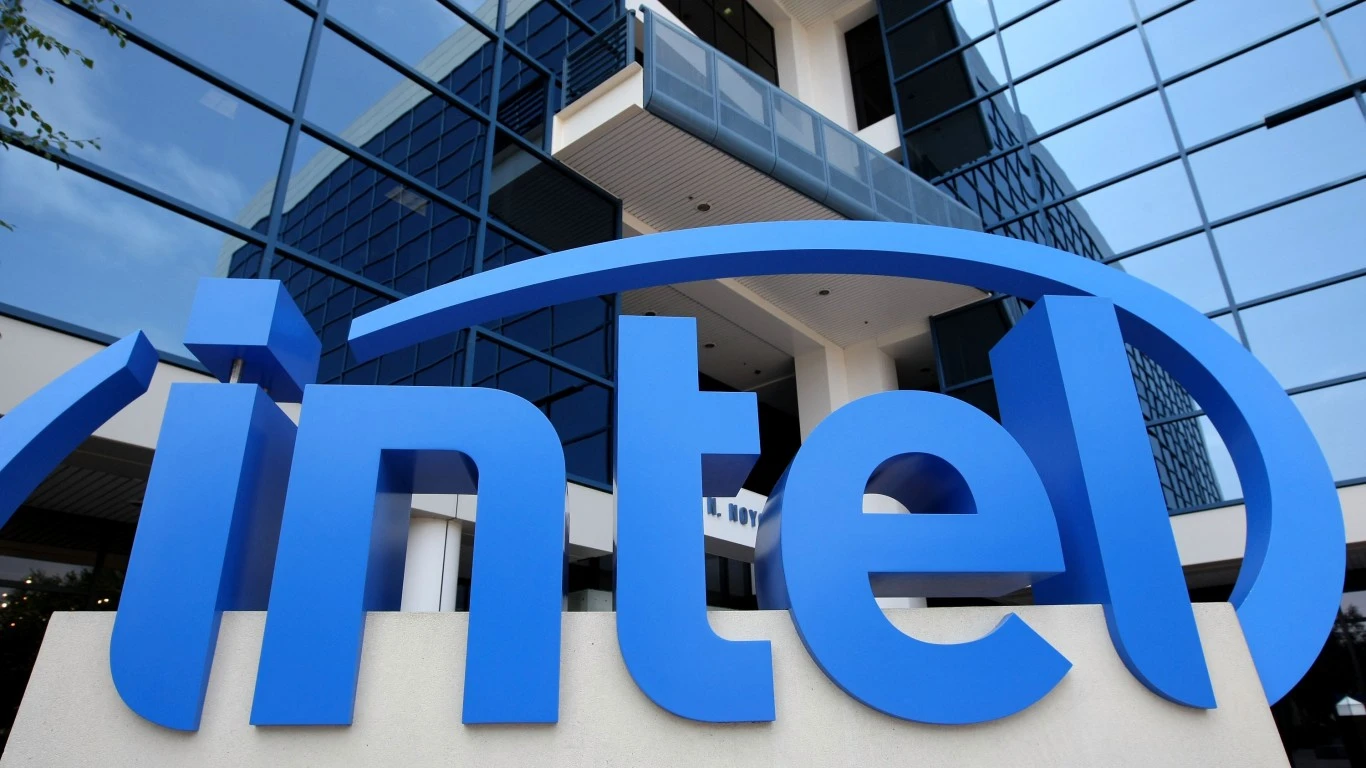
Giant chipmaker Intel has released its earnings report for the latest quarter of 2022, missing Wall Street’s targets for sales and earnings. The company’s shares are currently down 10% in premarket trading, with some investors arguing that the chipmaker can not be considered a value stock any longer.
Intel Reports Weak Quarterly Results On Back of Plunging Sales
On Thursday, Intel reported its Q4 2022 earnings after the bell. The chipmaker’s revenue declined 32% year over year in the quarter, marking the fourth consecutive quarter of falling sales. The drop came behind a steeper-than-expected falloff in PC chip sales.
The company, which belongs to Zacks Semiconductor, posted revenues of $14.04 billion. In comparison, Intel reported $19.53 billion in revenues a year ago. The company registered a $664 million net loss, compared with a profit of $4.62 billion in the year-ago quarter.
Moreover, the company is guiding for an adjusted loss of $0.15 per share in the first quarter of the year, compared to Wall Street’s expectation of $0.25 profit per share. The company said it expects revenue of between $10.5 billion and $11.5 billion, while analysts were looking for $14 billion. Gross margins are also expected to come in at 39%, compared to expectations of 45.5%.
Intel has faced a consistent decline in consumer PC sales over the past two years as shoppers choose to hold on to the laptops and desktops they purchased at the pandemic’s peak. Earlier this year, research firm Gartner noted that worldwide PC shipments plunged by 28.5% in Q4 2022, the most significant decline since the company began tracking shipments in the mid-1990s. The company said:
“The anticipation of a global recession, increased inflation, and higher interest rates have had a major impact on PC demand. Since many consumers already have relatively new PCs that were purchased during the pandemic, a lack of affordability is superseding any motivation to buy, causing consumer PC demand to drop to its lowest level in years.”
Aside from retail users, sales of business enterprise computers have also taken a hit. Gartner argued that businesses are delaying purchases of new PCs amid fears of a slowing economy. Enterprise sales aren’t expected to return to growth until sometime next year, according to the report.
Is Intel Still a Value Stock?
Historically, Intel has been considered a value stock. For context, a value stock refers to shares of a company that appears to trade at a lower price relative to its fundamentals, is priced below similar companies in the industry, and carries less risk than the broader market.
According to a September 2022 analysis by investment firm Khaveen Investments, Intel meets this criterion and falls into the category of value stocks. The report said:
“We define value stocks as companies with P/E ratios of below 12x, P/B below 4x, and P/FCF below 20x. Based on our definition, Intel meets our criteria of a value stock as the company’s P/E ratio is below 12x, P/B below 4x and P/FCF below 20x.”
However, some investors now believe Intel is no longer a value stock. “From $18B in Q1 2021 to $11B in Q1 2023. People easily forget but Pat has been guiding lower every quarter giving fake excuses of Covid, Supply Chain issues blah blah,” one Reddit user said while referring to the stock as a “laughing stock.”
Another Reddit user also noted that people don’t buy PCs “every year,” arguing that Intel’s growth is not very persistent. “People bought more computers through the pandemic then ever before. People don’t buy a new computer every year. This falloff was predictable,” they said.
Meanwhile, Intel has dropped 9.77% in premarket trading after the chip maker missed expectations for the fourth quarter.
This article originally appeared on The Tokenist
Sponsored: Tips for Investing
A financial advisor can help you understand the advantages and disadvantages of investment properties. Finding a qualified financial advisor doesn’t have to be hard. SmartAsset’s free tool matches you with up to three financial advisors who serve your area, and you can interview your advisor matches at no cost to decide which one is right for you. If you’re ready to find an advisor who can help you achieve your financial goals, get started now.
Investing in real estate can diversify your portfolio. But expanding your horizons may add additional costs. If you’re an investor looking to minimize expenses, consider checking out online brokerages. They often offer low investment fees, helping you maximize your profit.






